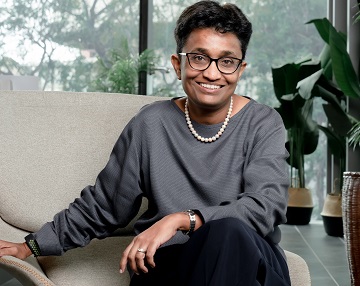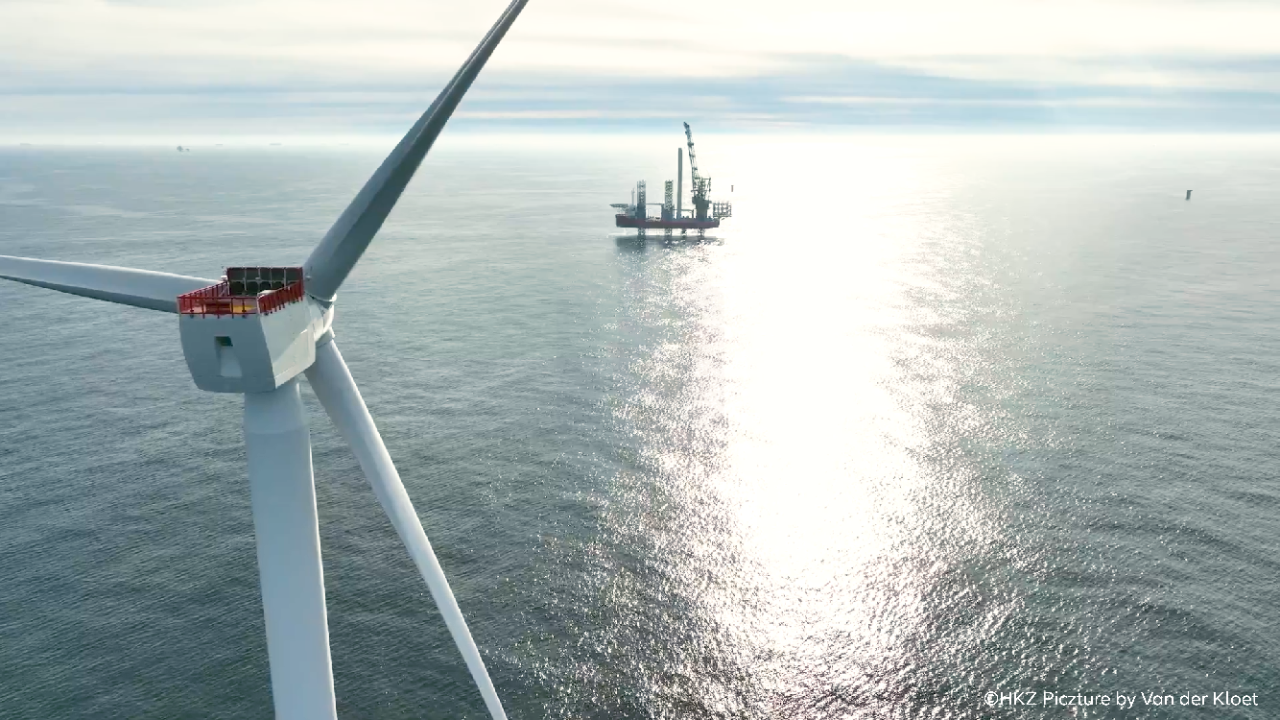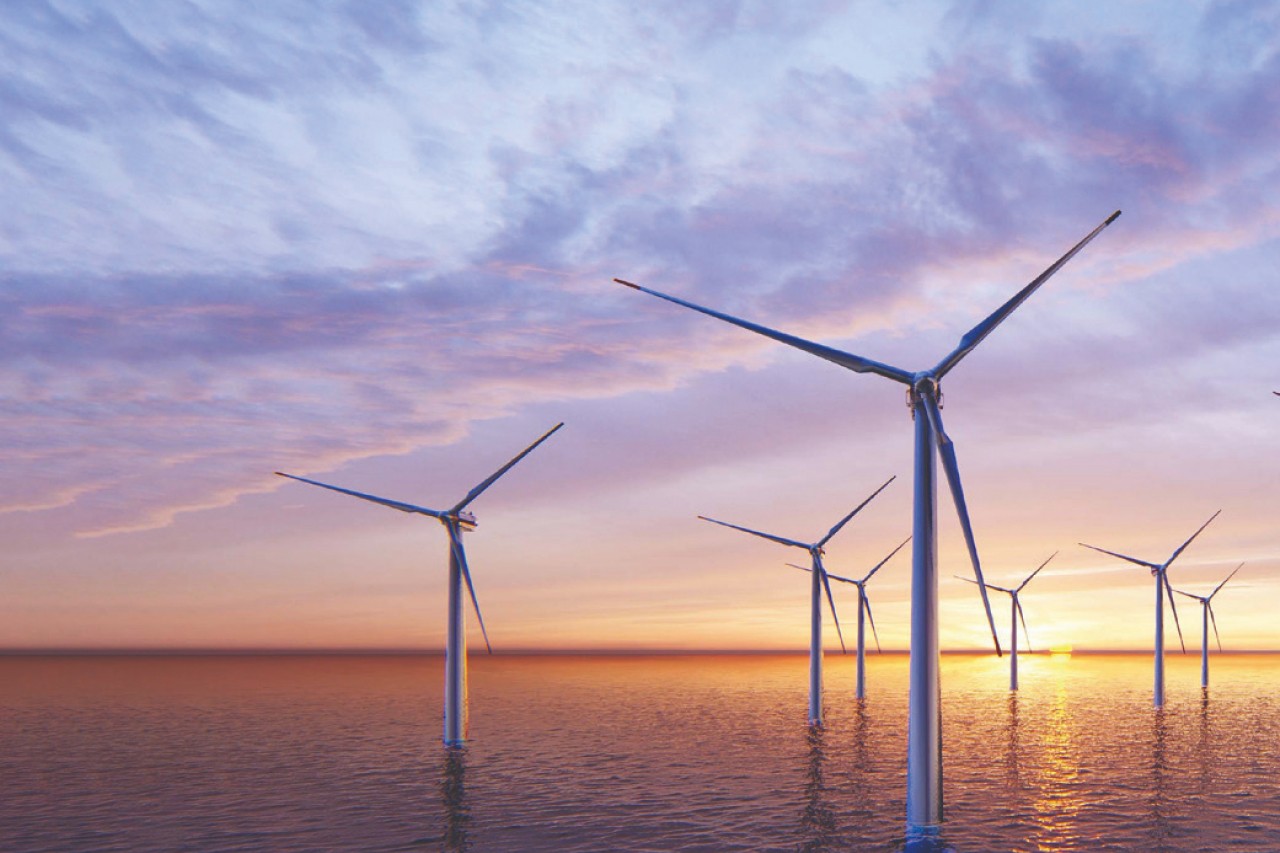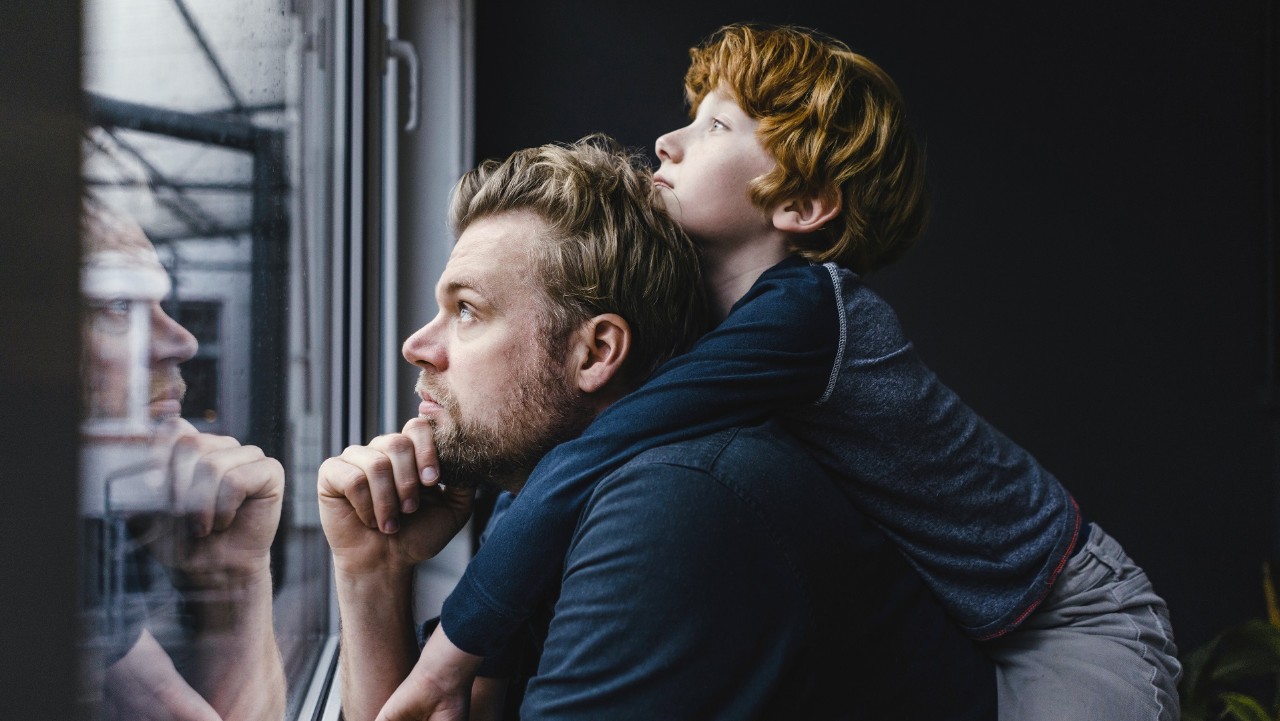All our OEs have wholeheartedly embarked on championing sustainability to improve the lives of people in their community. Let me mention a few I am especially proud of:
Allianz Insurance Singapore (AIS) has done tremendous work with their EV initiative in support of Singapore’s transition to a more sustainable future. Since its incorporation in June 2020 as a greenfield insurer, AIS has become one of the fastest growing insurance companies in Singapore, with 3.5x growth in GWP and rising fast among the ranks (jumping from 35th to 25th). AIS offers a dedicated EV journey for its intermediaries and direct customers online, making the process seamless and paperless. While it is within the top 10 motor and travel insurance providers in Singapore, AIS is also the first in several areas, including coverage of EV-specific risks (i.e. battery/electrical components, damage arising from autonomous driving/cyber-attacks), certified EV repair workshops, as well as in preferred charging rates for EV customers.
In Indonesia, Allianz Peduli Bumi employees planted 10,000 mangrove trees since the start of the program in 2019 and they took turns to participate in different runs of the program over the years.
This year, Allianz Ayudhya launched Thailand’s first “Cloud Food Bank”, with an aim to reduce over 1.16mn kg of Greenhouse Gas (GHG) emissions. The OEs in Thailand first embarked on their sustainability journey in 2019 by encouraging more than 1,200 employees to adopt “green” behaviour through initiatives such as improving waste management and reducing energy consumption. The “Cloud Food Bank” platform will support Allianz Ayudhya’s partner, Scholars of Sustenance, to match food donors with in-need communities, by turning food surplus into meals.
And last but not least in Allianz Philippines the project “Allianz Ride Safe” aims to reduce carbon footprint in the Philippines through promoting biking as a mode of sustainable and healthy lifestyle. A 2019 UN report on cycling estimates that switching from a car to a bicycle saves 150g of CO2 per kilometer. Since the start of Allianz Ride Safe, several other sustainable projects across the Philippines arose, such as solar powered pit stops and Ride Safe Bike Lanes.



